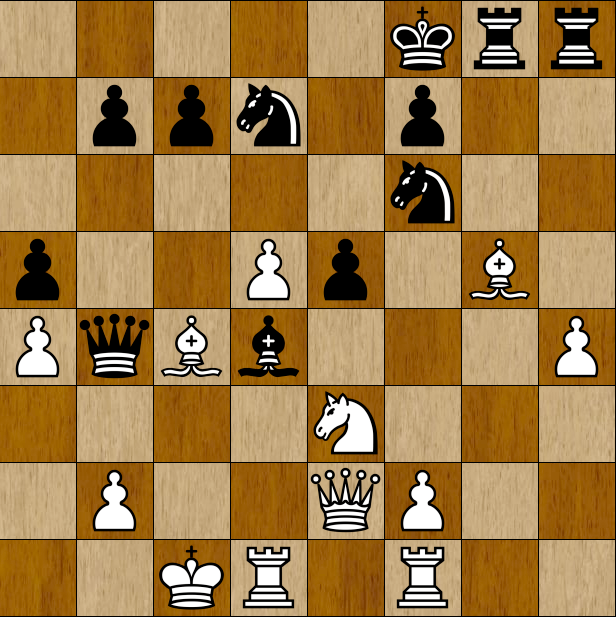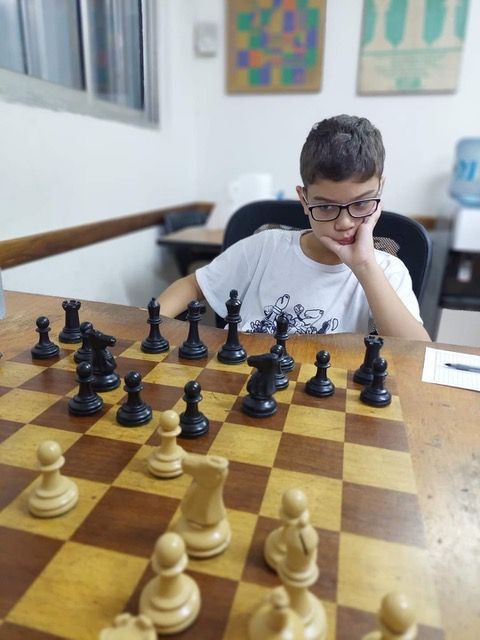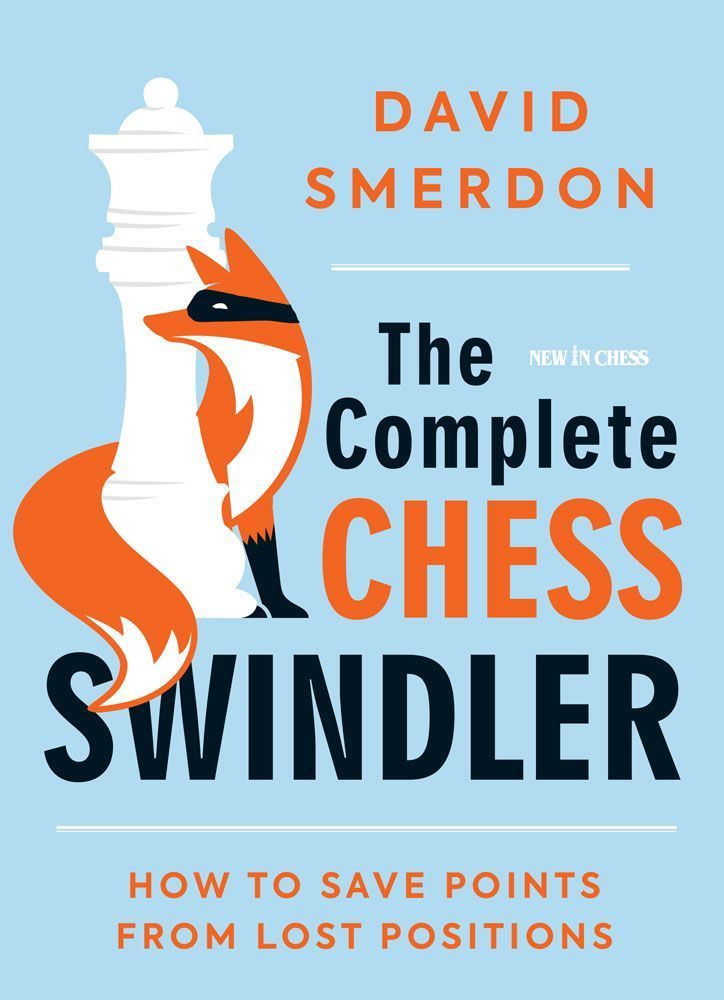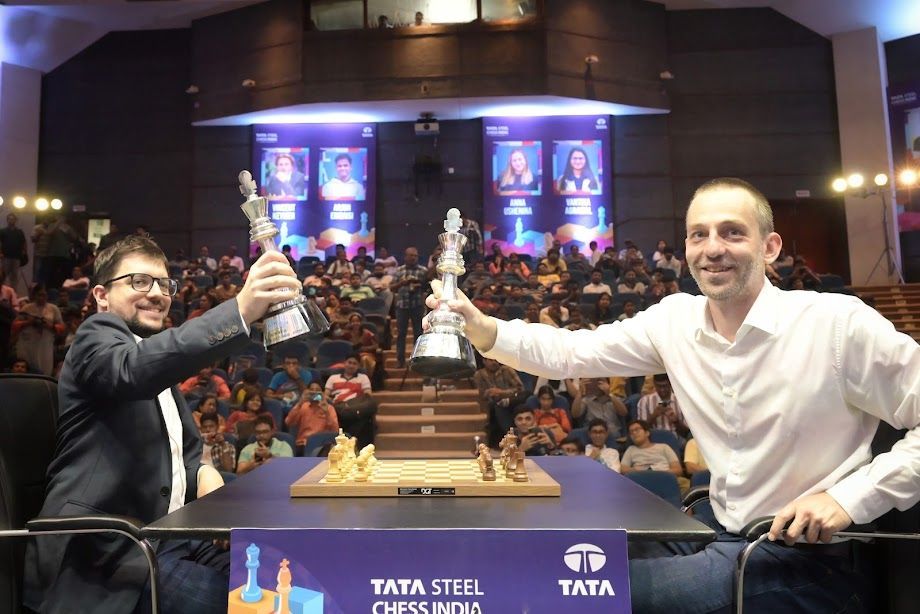Twice in a Lifetime
The reigning US Champion, Fabiano Caruana continued his recent and much-welcomed return to form as he almost effortlessly cruised to outright victory in the Superbet Chess Classic Romania with an unbeaten score of 5½/9 to not only take the $100,000 first prize but also with it, the early lead in the St Louis-organised five-tournament, $1.4m 2023 Grand Chess Tour.
After being caught in the lead by the returning teenage ace, Alireza Firouzja, at the end of Round 7, Caruana benefitted from an unwise decision in the penultimate round from his 19-year-old co-leader, when he opted to press the gamble button against Jan-Krzysztof Duda as he looked to continue his winning streak and possible victory rather than accept the draw, which backfired to allow the American frontrunner to again take the sole lead, from which there was no looking back as he eased to victory.

Play a tournament straight after a World Championship match. It'll be fun, they said. That could well be the story of the Superbet Chess Classic, and while it might have sounded like a good idea at the time, that decision to play came back to haunt Ding Liren and Ian Nepomniachtchi, as both showed extreme fatigue from their exhausting world championship match feats, that clearly affected their play with a lacklustre and stuttering performance in Bucharest, as the two title combatants finished very close to the bottom of the table.
And Ding indeed did decide that enough was enough and he now needed to rest up by officially pulling out of the second leg of the 2023 Grand Chess Tour, the Superbet Rapid & Blitz Warsaw that starts this coming Sunday in Poland. The World Champion has been replaced in the line-up by Levon Aronian.
But ironically, the decision by the newly-crowned champion to play in Bucharest so soon after capturing the crown did offer up an opportunity for Anish Giri to become the founding member of a very select club of one, with the Dutchman now holding the unique feat in the annals of the game by beating two reigning classical world champions in the same calendar year!
Back in January at the Tata Steel Masters, Giri beat abdicating king Magnus Carlsen en route to finally winning his first Wijk title; and now, in Bucharest, in round 7, in his only win of the tournament, he also beat the new king Ding - and with it, set to become the subject of a future trivia question as he becomes the first player on record to secure wins in the same year over two reigning classical World Champions!
Final standings:
1. F. Caruana (USA) 5½/9;
2-5. A. Firouzja (France), W. So (USA), R. Rapport (Romania), A. Giri (Netherlands) 5;
6-7. J. Duda (Poland), M. Vachier-Lagrave (France) 4½;
8. Ding Liren (China) 4;
9. I. Nepomniachtchi (FIDE) 3½;
10. B. Deac (Romania) 3.
GM Anish Giri - GM Ding Liren
Superbet Chess Classic, (7)
C50: Giuoco Pianissimo
1.e4 e5 2.Nf3 Nc6 3.Bc4 The name Giuoco Piano - one of the oldest recorded openings in chess, played in the 16th century - means 'quiet game' in Italian. And like its name, it is initially very quiet with a slow build-up as both sides position their pieces for the middlegame battle. 3...Nf6 4.d3 Bc5 5.Bg5 h6 6.Bh4 d6 7.c3 a5 8.Nbd2 Ba7 9.a4 O-O 10.h3 g5?! With Giri quickly and confidently flicking out the moves here, Ding is living dangerously with this provocative move. 11.Nxg5! So much for my 'quiet game' theory! And indeed, as Giri explained in his post-game presser, he had put the work in on this position with his second, Jan Gustafsson, explaining "I remembered that this move order is not very good, because the sac here is strong… I was fortunate that I’d looked at this." 11...hxg5 12.Bxg5 The 'forever' pin on the knight is very uncomfortable for Black and more than enough compensation for the sacrificed material. 12...Kg7 13.Qf3 Be6 14.Nf1 With Black all tied up having to deal with the pin on the ...Nf6, there's even the option of 14.Bd5!? that more or less forces 14...Qe7 15.Bxc6 bxc6 16.Qg3 Rg8 17.Bxf6+ Kxf6 18.Qh4+ Rg5 19.Qh6+ Rg6 20.Qh4+ Rg5 21.Qh6+ Rg6 22.Qh4+ and a repetition. 14...Rh8 15.Ne3 Qe7 Chopping the knight on e3 is taboo, as opening the f-file will eventually prove fatal, as seen with 15...Bxe3?? 16.fxe3 Nb8 17.O-O Nbd7 18.Qg3! Nh5 19.Bxe6!! Nxg3 20.Rxf7+ Kg6 21.Bxd8 Nc5 22.Rf3 Ne2+ 23.Kh2 Raxd8 (Worse is 23...Nxe6 24.Rf6+ Kg7 25.Rxe6 Rhxd8 26.Re7+ Kg6 27.Re1 and the knight is lost, leaving a won ending for White.) 24.Bc4 Rh4 25.Rf2 Nxc3 26.bxc3 c6 27.Kg3! Rh7 (Or even 27...Rdh8 28.Raf1 R4h6 29.Rf6+ Kg7 30.Rf7+ Kg6 31.R1f6+ Kh5 32.Rf5+ Kg6 33.h4! d5 Forced, otherwise Rg5+ is mating - and there's no salvation with 33...Rxh4 34.R7f6+ Kg7 35.Rxd6 and White will either be mating or hoovering up more loose pawns.) 34.exd5 Rxh4 28.h4 and with the kingside pawns on the move, White will easily win. 16.O-O-O Rag8? It is a mystery why Ding played this move, as in a stroke he offers Giri chances to win he never had. Now was the time to force the bailout with 16...Bxe3+! 17.fxe3 Nb8 18.Bd5 c6 19.Rhf1 Nbd7 20.Qg3 Nh5! and a better equalising line than the note above, which will see the game fizzle out after 21.Bxe7+ Nxg3 22.Bxe6 Nxf1 23.Bxd7 Nxe3 24.Rd2 f6! The d6-pawn can't be taken due to ...Rad8 picking up one of the bishops. 25.Rf2 Rh6 26.Kd2 Kf7 27.Bxd6 Nxg2 28.Bxe5 Ke7 29.Bg4 fxe5 30.Rxg2 and a draw will be on the cards as neither side has enough to win without the offer making an error. 17.Rhf1 Nb8 18.d4 Stronger, and almost killing, was the engine recommendation of 18.Nf5+! Bxf5 19.Qxf5 Nbd7 20.Rde1 Kf8 21.h4 Rg6 22.f4! c6 23.g4 exf4 24.d4! Bb8 25.Kb1 Rhg8 26.Bxf4 Nxg4 27.Qxa5 etc. 18...exd4 19.cxd4 Nbd7 The obvious knight move - but there was a very subtle finesse with the alternative knight move 19...Nc6!? 20.e5 dxe5 21.d5 Nd4 22.Qxf6+ Qxf6 23.Bxf6+ Kxf6 24.dxe6 fxe6 25.Ng4+ Ke7 26.Rfe1 Nc6 27.Bb5 (Or even 27.Nxe5 Nxe5 28.Rxe5 Rh6 29.Bd5 Bxf2 30.Bxb7 c5 31.Re2 Bd4 with excellent drawing/ holding chances with the opposite-coloured bishops and more active rooks.) 27...Bd4 28.f4 Na7 and, like the above note, Black again has excellent chances of drawing/holding. 20.e5 Best first was 20.h4! 20...dxe5 21.d5 Qb4 22.Qe2 Bxh3? It is indeed complex, but Ding simply had to find his only saving try that the engine recommends, with 22...Bxe3+! 23.fxe3 Bg4! 24.Bxf6+ Nxf6 25.hxg4 Rh4 26.Rf5 Ne4! 27.Rxe5 Nd6 The knight wonderfully defends, attacks and blockades from d6. 28.Rg5+ Kh8 29.Rxg8+ Kxg8 30.Bd3 Qxg4 31.Qc2 Qxa4 32.Qxc7 Qa1+ 33.Kc2 Qa4+ 34.b3 Qb4 35.Qc3 Rg4 and it is very hard to see just how White can win this, even with the extra pawn. 23.gxh3 Kf8 24.h4 Bd4 (see diagram) It's getting desperate and dire now, and even after 24...Rg6 25.Nf5 leaves Black's position in a mess. 25.Rxd4! The temptation to sac the exchange was pure human gut instinct, rather than opting for the cold, exacting engine win of 25.Bb5 that more or less forces 25...c6 26.dxc6 bxc6 27.Bxc6 Qc5+ 28.Qc2 Qxc2+ 29.Kxc2 Nb8 30.Bxf6 and Black is hopelessly lost. 25...exd4 26.Nf5 Setting up the mating threat with d6! 26...Rxg5 27.hxg5 Ne5
The only thing keeping Ding going amidst this agony was the adrenalin rush of the ensuing time scramble.
28.Bb5 Nfg4 29.Kb1Just offering the king the bolthole of a2 in case of any queen perpetual tricks.
29...Kg8
Hopelessly lost, Ding opts to hang for the sheep than the lamb - slightly better was 29...Rh2 but after 30.d6! cxd6 31.Qe4 we're back to the mating threats after Qxb7.
30.Nh6+ Nxh6 31.Qxe5 Ng4 32.Qxc7 Kg7 33.g6!
Blowing the doors of the defence of Black's king.
33...Rf8
Or even 33...Kxg6 34.Qf4! f5 (White quickly mates after 34...Nf6 35.Rg1+ etc.) 35.Bd3 and Black can resign.
34.gxf7 d3 35.Rg1 Rxf7 36.Qc3+ 1-0
For the purists, yes, 36.Qe5+ is mating - but why tax yourself when the trade of queens wins the knight (with check first) and the ending? Hence Ding's resignation.










Copyright © 2024. First Move Chess. All Rights Reserved. Deigned and Hosted by JLT Web Design & Digital Marketing. Our Privacy Policy.


